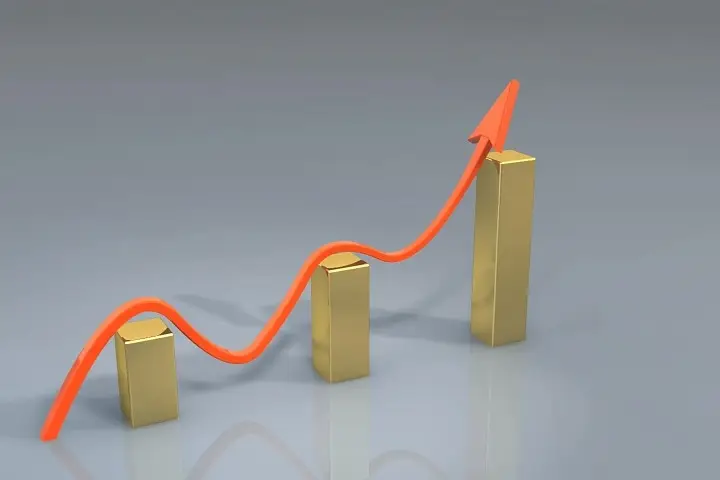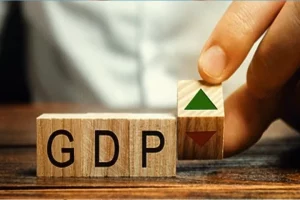As India administered 100 crore doses of Covid 19 vaccine amid a significant drop in the number of fresh cases, the focus of the government is now on economic growth. Though consumer and business confidence have started to rise, all eyes are set on Health Minister Mansukh Mandaviya especially with the festive season kicking in.
Besides, for Mandaviya, the the next challenge would be to inoculate the country’s children while ensuring that the country does not face another wave.
“As we vaccinate more than 75 per cent of our adult population and move towards vaccinating the children between 2 and 18 years, we need to continue to maintain our guard through Covid appropriate behaviour, only then will we be able to protect ourselves adequately,” Uday Shankar, President, FICCI said in a statement.
Also read: India’s vaccine drive crosses historic 100 crore doses landmark
Industry body Assocham said the “landmark achievement” would lead to a faster economic growth on the back of rising consumer confidence and abatement of the pandemic.
“India’s milestone for vaccinating 100-crore people against Covid-19 within nine months of the launch of the programme, speaks volume of the country's institutional strength in science, pharmaceutical bandwidth, doctors’ commitment,” Vineet Agarwal, President, Assocham said.
India began its vaccination drive on 16 January. In the first phase, healthcare and frontline workers were inoculated.
The country had supplied a large number of doses to the neighbouring countries and several in Africa and South America. However, it had to stop supplying vaccines to other countries after a brutal second wave hit home.
Meanwhile, the pandemic has underlined the importance of the health sector. As per the Union Budget 2021–22, the total public health sector allocation stood at 1.2 per cent of the GDP but it is expected to increase to 2.5 per cent of GDP by 2024–25.




















